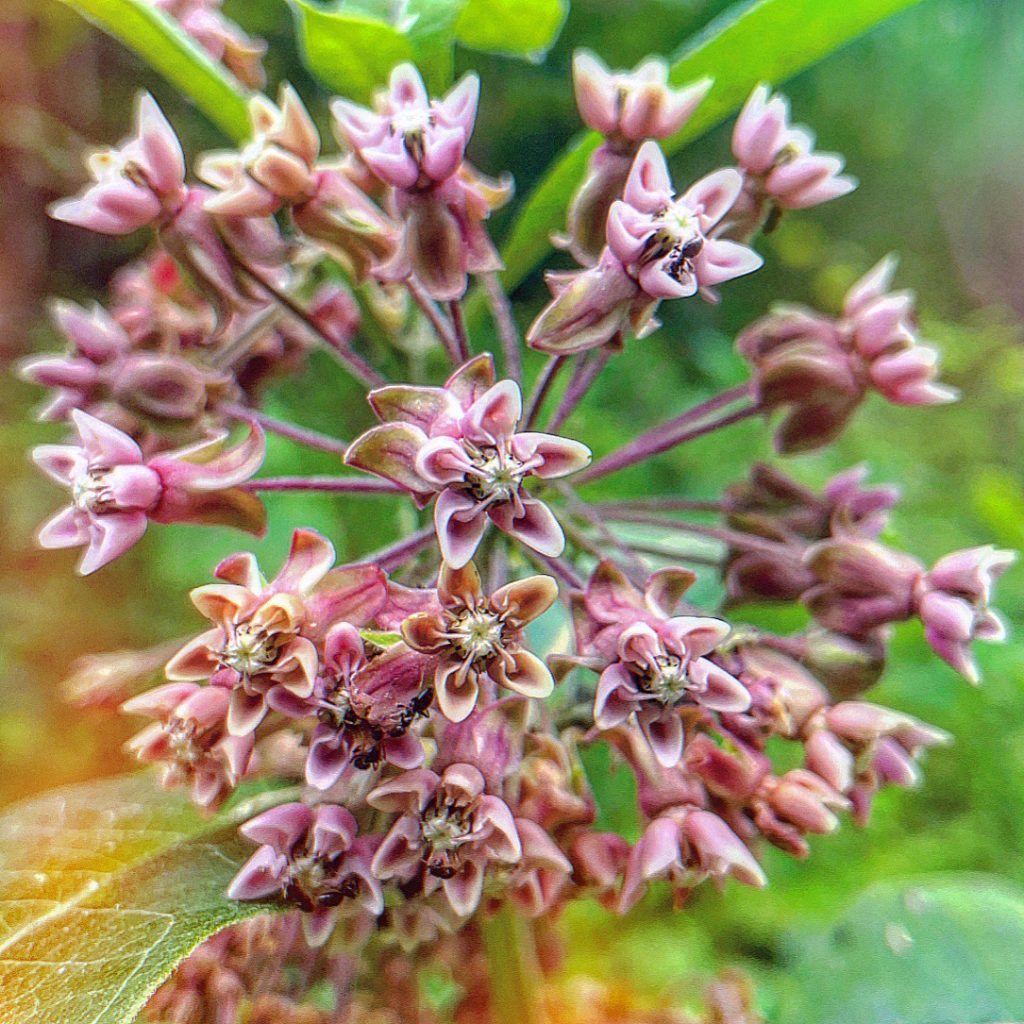DECREATION
It is one moment past midnight
on the 8th day of morning.
Our Styx ferries become consumed
with the burning of bibles.
Seven heavens eighten themselves
and shrink and infinitize.
In this silent Babel
the sciencemagic we learned
while head over heels upside down
from hanged Marut and Harut
is finding and losing its feet.
Apocalypse collapses.
Ahuramazda unities
vanish darkness into bright.
Medusa’s pale horse Pegasus
comets Quetzalcoatl;
Fenris swallows the Eighth Archon
and then pukes and pukes him out.
The set sun eludes prediction.
No west exists to rise from.
CARNIVAL OF LOVE
The bearded lady
has two lovers,
the apeman and the geek.
Their sex is crazy,
peeling rubber
on high wires and the street.
When bearded lady
becomes mother
to a new circus freak,
the lucky baby
has two others
to help him feel unique.
FOWL WEATHER
Six ducks in a pond
swimming through a warm sweet spring rain–
pond is duck is air.
STILL STRANGERS:
EROS
IN EROSION
After years
of wear, she would sew
with those sharp dead
beads, new thoughts
into the threadbare pattern of memory,
and he solder
his older, darker, thoughts into place….
… Long ago…
they learned to slaughter
their eager laughter and tear
their deepest tears out of each’s other,
they taught themselves to utilize their exquisite words
like hamhamhammers and broadswords–
then, their mutual wounds
they wound all about their lives like poison ivy.
(Each just one more bothersome
clone to the other…)
But
There had been a time
,once,
before the tiny
mutiny,
when they were still strangers
to anger,
when they could lie naked,
sun-baked upon the jurassic sands
or beside the slow hearth,
unearthing new treasures from their together,
when, in some safe
cafe, their yes
-eyes could swallow entire
their sweet menus
of Venus
and for many an hour
pour their love
from lip to mouth like milk from a pitcher to a glass.
But that time passed…
Strangely
angel-like, two
naif
waifs
blown
down,
unable to unwind all the ivy accumulation
in a rugged wind – they just
shrugged, unable to face down
the demons of their facetious selves.
(This is not simply
to imply that they weren’t determined.
But, over time, stubborn assiduity becomes undermined,
especially when connubial cement lacks
reinforcement.
So, by fragile grapevines, over
tangled ravines,
the values they were hanging onto
kept changing.
They were unable to forge a structure anew
or to forget old collapse.
Neither the heights of their dear science nor
the weight of alerted conscience,
And not Keats, and certainly
not Yeats,
could keep the crevices in their isolate selves
from inventing the devices of their together’s undoing.)
Beached,
they discovered the sea:
inequal parts nausea and mystery.
HIGH COUP
O moon, so distant…
I’m not smokin’ in Tokyo,
my poem will not fire.
“Revolution bursts
sunlight on stained stainless steel:
your yolkcolored hair.”
Night’s vaunted Shakespeare:
just flaccid Little Willie,
cold to geisha stars.
“Nestraw hair – egg’s eye
blue – honeyed limbs; trunkhugging
bearcubeMe: climbing.”
Sake enflames verse
(you say), arouses rhythm,
kindles rhymes sublime–
mine (old drunken whore)
fires up unsuccessfully,
sucks relentlessly,
till we fall asleep.
And Basho the monk remains,
red raw poem limp, still.
…
IN SOLITARY
1. SAMIZDAT*
Writer’s craft: manacled to conviction
like any zek to his sentence,
like a blatnoi to a pen
: assaults its own position
: like a gaybist missionary, assassinates its friends
: like any other virgin –
just another bloody period,
and another conception ends.
2. YOUR BODY TELLS THE HIGHWAYMAN
If prose is just a page running across your face,
poetry is the line lying between your thighs.
Your body tells the highwayman’s short story life:
The drama of poems at the point of conception,
but just one more hackneyed form in execution.
3. LIFE/SENTENCE
key in the cake –
(in music, truth hid?)
oh,
the poet’s prison is
the rhythm of his
poem
starved,
scarred –
he makes his
break
*inspired by Solzhenitsyn’s Gulag Archipelago
…












